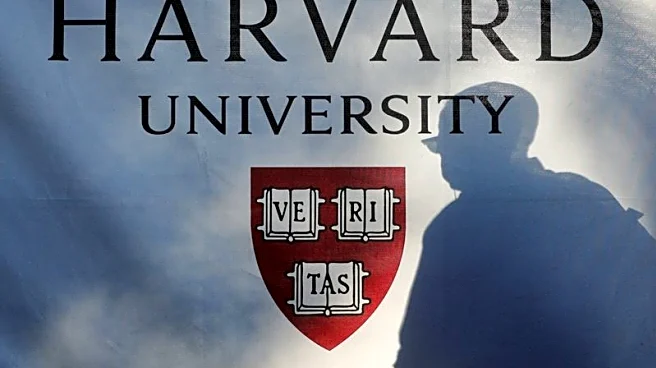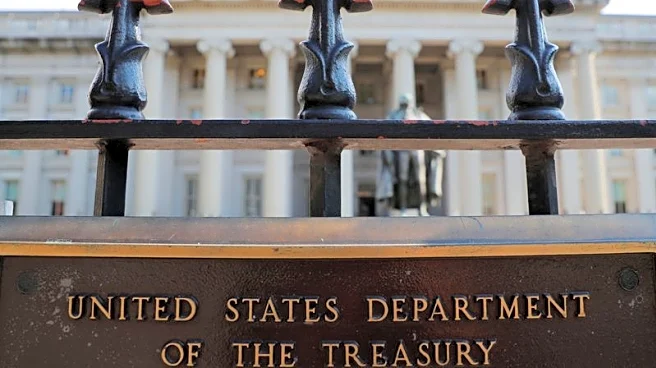Rapid Read • 8 min read
NASA astronauts aboard the International Space Station (ISS) are engaged in a series of scientific experiments focusing on space botany and technology research. Nichole Ayers and JAXA commander Takuya Onishi have been working on the APEX-12 plant genetics study, which examines the effects of space radiation on plant genetics. The crew harvested thale cress plants as part of this research. Additionally, Anne McClain is supporting pharmaceutical manufacturing research and has been photographing tomato crops in microgravity to study their growth without photosynthesis. The crew also performed maintenance tasks following a recent spacewalk, including spacesuit cooling loop scrubbing and battery removal from the SAFER jetpack system. Russian cosmonauts are preparing cargo for Progress 90 and setting up Earth observation hardware.
AD
The ongoing research conducted by NASA astronauts on the ISS is crucial for advancing our understanding of how plants and pharmaceuticals can be developed in space environments. This knowledge is vital for future long-duration space missions, where sustainable food production and medical supplies will be necessary. The experiments could lead to breakthroughs in agricultural technology and pharmaceutical synthesis, potentially benefiting industries on Earth. The collaboration between international space agencies also highlights the importance of global cooperation in scientific exploration.
The results from these experiments will contribute to the development of technologies that support human life in space. NASA and its international partners will continue to analyze the data collected from these studies to improve space agriculture and pharmaceutical production. Future missions may incorporate these findings to enhance the sustainability of long-term space travel. Additionally, the ongoing Earth observation activities by Russian cosmonauts will provide valuable data for environmental monitoring.
The research on plant genetics and pharmaceutical synthesis in space could have ethical and cultural implications, particularly in terms of how these technologies are applied on Earth. The ability to grow crops in space without photosynthesis may lead to new agricultural practices that could address food security issues. Furthermore, the pharmaceutical advancements could revolutionize drug manufacturing processes, making them more efficient and accessible.
AD
More Stories You Might Enjoy












